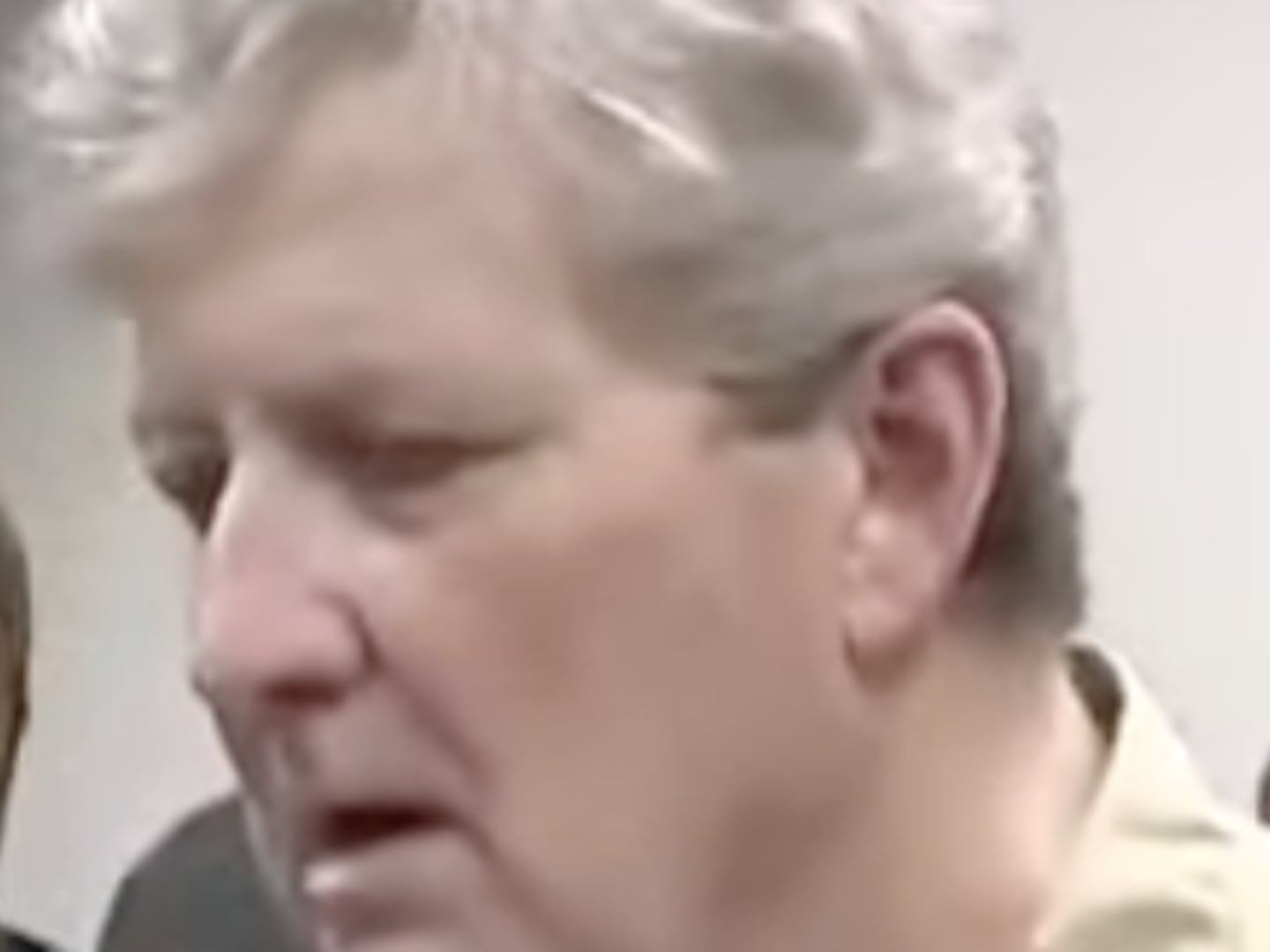Politics
Photo Illustration by Emil Lendof/The Daily Beast
Did Hillary Clinton Just Put Bernie Sanders 2016 on Life Support?
THAT’S ALL, FOLKS?
Hillary Clinton did more than win her third primary on Saturday night. She delivered a heavy blow to Sanders with a margin of more than 50 points.






